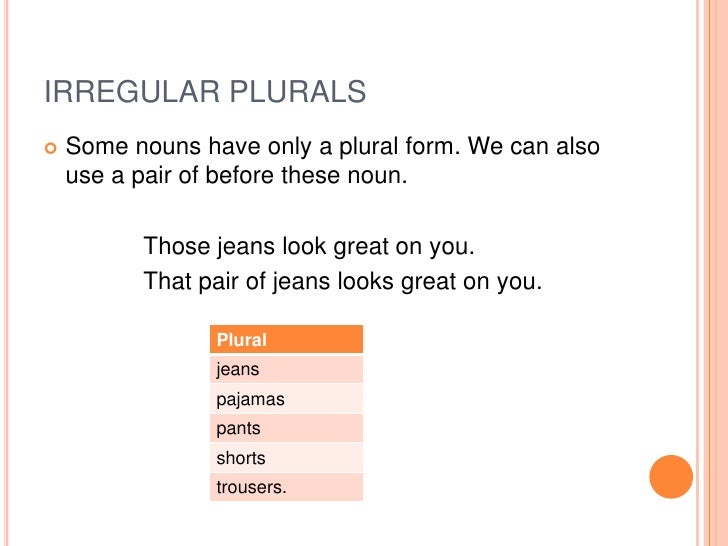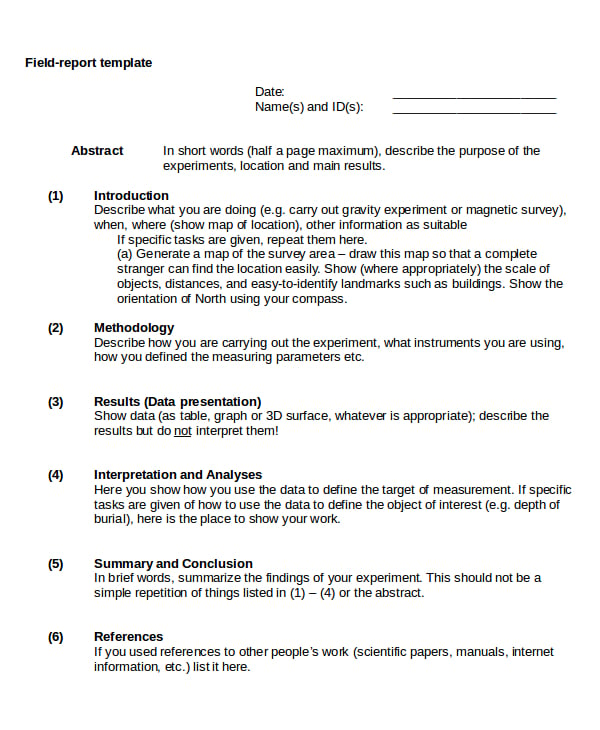


Neither the serving bowl nor the plates go on that shelf. Neither the plates nor the serving bowl goes on that shelf. The verb in an or, either/or, or neither/nor sentence agrees with the noun or pronoun closest to it.Į. Either Kiana or Casey is helping today with stage decorations. My aunt or my uncle is arriving by train today. Two singular subjects connected by or, either/or, or neither/nor require a singular verb.Į.g. Incorrect: A bouquet of yellow roses lend color and fragrance to the room.Ĭorrect: A bouquet of yellow roses lends. The word of is the culprit in many, perhaps most, subject-verb mistakes. This is a key rule for understanding subjects. A subject will come before a phrase beginning with of. plural subject - My sisters are mathematicians. singular subject - My brother is a nutritionist. A singular subject (she, Bill, car) takes a singular verb (is, goes, shines), whereas a plural subject (they,we) takes a plural verb(are, go, shine).Į.g. The rules of Subject Verb agreement are :īasic Rule. Refer the activity of Subject Verb agreement. Thus, if a subject is singular, its verb must also be singular if a subject is plural, its verb must also be plural. While making Sentences Subjects and verbs must AGREE with one another in number (singular or plural). (The class is a unit, but they act individually when they work on their own projects.)Īrmy, Audience, Band, Board, Cast, Class, Flock of birds, Pride of lions The class start their projects while the teacher grades their papers. When the members of the group are acting on their own, use the plural verb and pronoun forms. They are all doing the same thing, listening, at the same time.) (Here the class is a unit acting together as one. The class listens carefully to its teacher's instructions.

The singular verb and pronoun form is used is if they are acting in unison. Though the collective noun refers to more than one in a group, the noun itself is considered a single thing. Some nouns look plural but are in fact singularĪ Compound Noun generally forms its plural by adding -s to the principal wordĬollective nouns denote a group of people, objects, ideas, or animals as a single concept. Scissors, tongs, pincers, spectacles, trousers, drawers, jeans, alms, annals Swine, sheep, deer, aircraft, spacecraft, series, species Some nouns have the singular and the plural alike There are a few nouns that form their plural by adding -en to the singular Man: men, woman: women, foot: feet, mouse: mice The nouns dwarf, hoof, scarf and wharf take either -s or -ves in the plural.Ĭhief: chiefs, safe: safes, proof: proofsĪ few nouns form their plural by changing the inside vowel of the singular Thief: thieves, wife: wives, wolf: wolves, life: lives The following nouns ending in -f or -fe form their plural by changing -f/fe into v and adding -es, Nouns ending in -y, preceded by a consonant, form their plural by changing -y into -i and adding -esīaby: babies, lady: ladies, city: cities Most Nouns ending in -o also form the plural by adding -es to the singularĭynamo: dynamos, logo: logos, commando: commandos Nouns ending in -s, -sh, -ch, or -x form the plural by adding -es to the singularĬlass : classes, dish: dishes, box: boxes The Plural of nouns is generally formed by adding -s to the singular,īoy: boys, pen: pens, girl: girls, desk: desks

Thus there are two Numbers in English-the Singular and the Plural. A Noun that denotes one person or thing, is said to be in the Singular form as,Ī Noun that denotes more than one person or thing, is said to be in the Plural formīoys, girls, cows, birds, trees, books, pens.


 0 kommentar(er)
0 kommentar(er)
